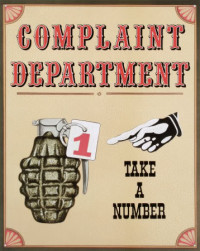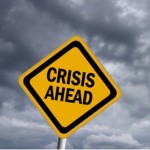 If I’m being honest, I have never had much use for books about public relations. When I was studying marketing and PR in college, much of the information in textbooks was dated and offered in a rote, dull manner. As time passed and new books were written, few could capture what I was experiencing firsthand as a professional PR guy, particularly as the industry had shifted dramatically in recent years.
If I’m being honest, I have never had much use for books about public relations. When I was studying marketing and PR in college, much of the information in textbooks was dated and offered in a rote, dull manner. As time passed and new books were written, few could capture what I was experiencing firsthand as a professional PR guy, particularly as the industry had shifted dramatically in recent years.
Yet there’s one book which caught and kept my attention; it also happens to have been recently released in its fifth edition. The New Rules of Marketing and PR by David Meerman Scott, first published in 2007, remains one of the top books about the industry.
When offered an opportunity to speak with Scott about his book, I jumped at it for a number of reasons. As I mentioned, I think his book is the preeminent authority on PR out there. But he’s also a pioneer of “newsjacking.”Read More



 Originally published on
Originally published on 


